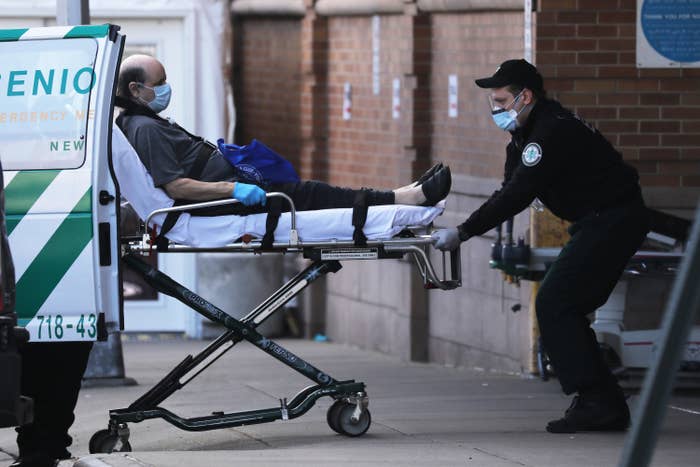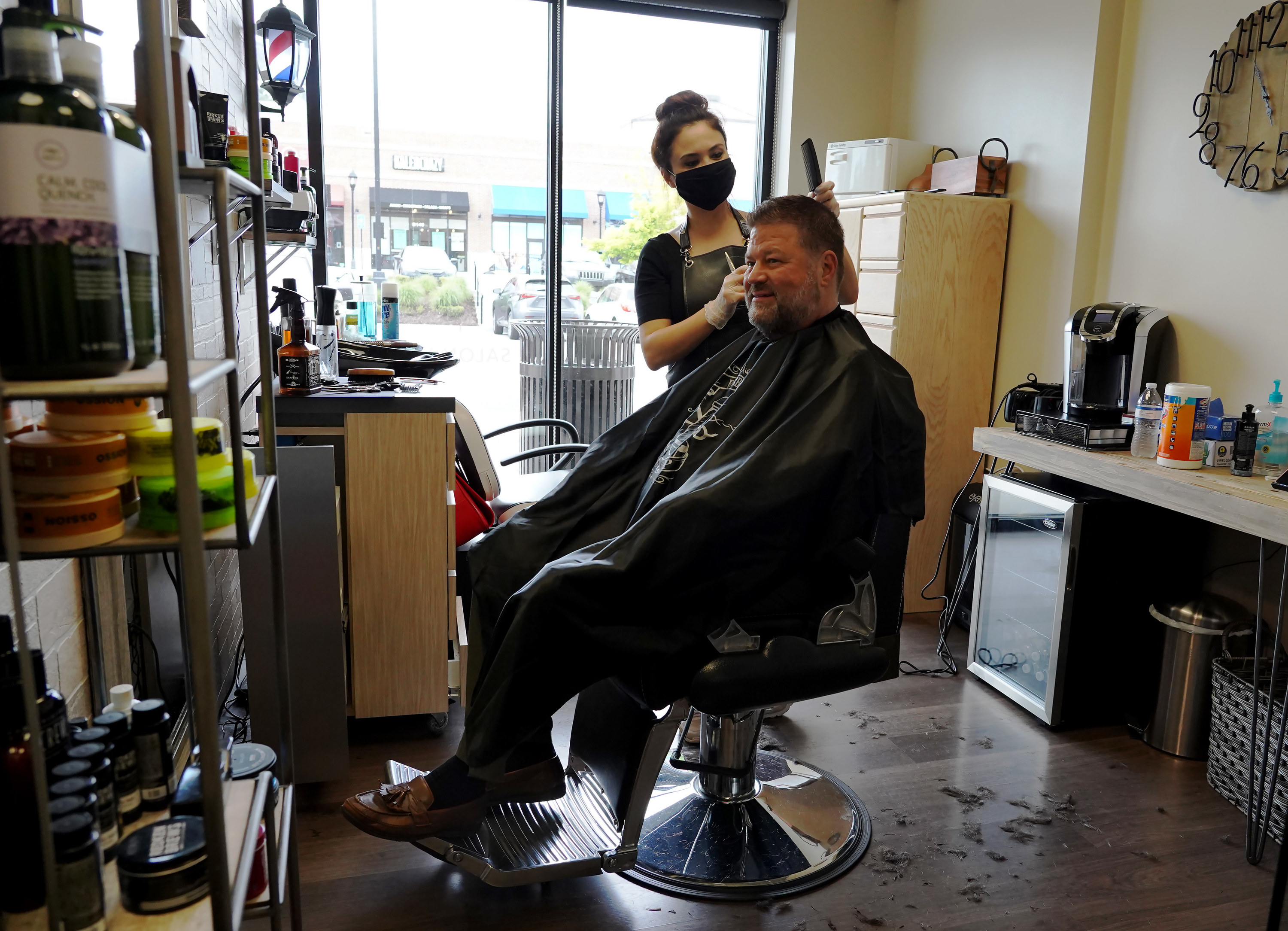
The journalists at BuzzFeed News are proud to bring you trustworthy and relevant reporting about the coronavirus. To help keep this news free, become a member and sign up for our newsletter, Outbreak Today.
There is currently no evidence showing that people who had the coronavirus can't contract the virus again, the World Health Organization said in a scientific brief released Friday.
A tweet thread describing the brief on Saturday was criticized for using the wording “no evidence” — the point the WHO was trying to make is that there have been no conclusive studies done yet — and was later deleted and revised.
Very little is yet known about whether antibodies to the coronavirus can prevent reinfection, or how long such protection might last.
The WHO noted that studies show people who have recovered from the coronavirus appear to have antibodies, which is a sign of past infection. But some people also show low levels of neutralizing antibodies in their blood, the WHO said, suggesting that cellular immunity — T-cells that recognize and eliminate other cells infected with the virus — is necessary for recovery along with antibodies.
Several countries, including Chile, Germany, and the UK, have suggested that the detection of antibodies to the virus that causes COVID-19 could serve as a so-called immunity passport that would allow people who have recovered from the coronavirus to travel or to return to work, under the assumption that they are protected against reinfection.
But the WHO said there simply haven't been enough studies to guarantee the accuracy of an “immunity passport," and that people who assume that they are immune to another coronavirus infection may ignore public health advice, such as social distancing.
Antibody tests are also prone to false negatives and false positives, the WHO noted, allowing people who erroneously believe they do not have the coronavirus to potentially infect others, and vice versa. The tests must also accurately distinguish between past infections from SARS-CoV-2, the new coronavirus that causes COVID-19, and other coronaviruses, such as those that cause the cold.
A widely criticized tweet thread summarizing the brief on Saturday morning was later deleted, and a new thread clarified that studies have not yet been completed that could address whether antibodies confer immunity.
To avoid further confusion, we are taking down the previous thread on the #COVID19 "immunity passport", but you can still see it here👇
“We expect that most people who are infected with #COVID19 will develop an antibody response that will provide some level of protection. What we don't yet know is the level of protection or how long it will last,” its updated tweet thread said. “So far, no studies have answered these important questions.”
Earlier today we tweeted about a new WHO scientific brief on "immunity passports". The thread caused some concern & we would like to clarify: We expect that most people who are infected with #COVID19 will develop an antibody response that will provide some level of protection.
The warning comes as some US states plan to lift stay-at-home orders and reopen some businesses, with protests against social distancing taking place in states including Michigan, Minnesota, and Nevada.
Georgia reopened hair salons, gyms, bowling alleys, and other businesses Friday, with dine-in restaurants and movie theaters expected to reopen next week.

Texas, Tennessee, and South Carolina have also announced plans to allow some businesses to operate in the next couple of weeks, and Florida has reopened some of its beaches.
President Donald Trump has sent mixed messages about the urgency to reopen businesses but has mostly deferred the decision about when and if to reopen states to governors. "Some states," he said, "are not in the kind of trouble that others are in."
UPDATE
This story has been updated to include the fact that WHO deleted a tweet thread about its scientific brief to clarify that no studies have yet been done to address whether antibodies confer immunity.
